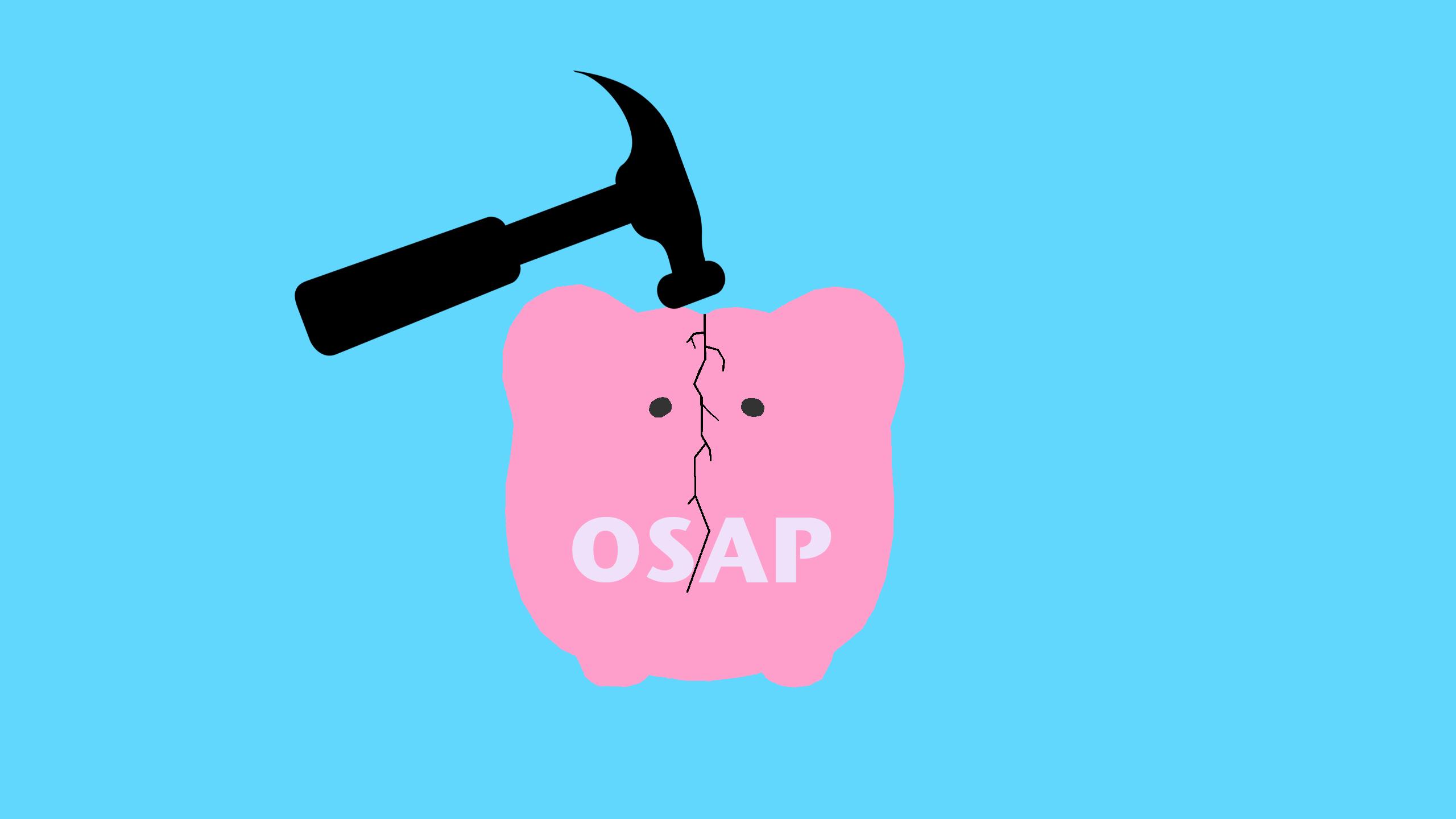By Sherina Harris
Ontario’s minister of training, colleges and universities has repeatedly declined to comment on the future of the province’s free tuition program. When asked by the Toronto Star, and later The Eye, about the future of the Ontario Student Assistance Program (OSAP) model, Merrilee Fullerton has reiterated the Progressive Conservative government’s concerns about the $15-billion deficit.
“Our government is being forced to clean up the irresponsible and reckless financial decisions of the previous Liberal government,” Fullerton said in a statement to The Eye.
In March 2017, the former Liberal government introduced the revised financial aid program. It offers applicants more non-repayable grants and free tuition to low-income students. Over 210,000 students in Ontario have received free tuition under the revised OSAP structure.
Without answers, the Ryerson University community is left to question what other impacts the education sector will face as the government works to reduce the deficit.
What’s next for students?
A total of 9,500 Ryerson students received free tuition in 2017 thanks to the updated OSAP program, The Eye reported last fall.
The Office of the Registrar at Ryerson estimated that even more students enrolled at the university—at least 14,500—will benefit from the program this academic year.
“Most of the people I talk to in my classes, they’re not fortunate enough to have their family pay for their education or have some kind of RESP program from when they were a child,” said Hermes Azam, a fourth-year urban and regional planning student and the president of Socialist Fightback at Ryerson.
“It’s traumatizing actually, it’s terrible, for a lot of these students,” he said. “Especially those students who have to contribute to rent, contribute to housing, food, clothing costs and the rest of it, and on top of that packing on a couple hundred dollars a month for loans with interest.”
Maheen Dostmohamed is a first-year Ryerson nutrition and food student who received a free tuition grant from OSAP. She said it’s “anxiety-inducing” to know that the future of the program that funds her education is unclear.
She’s currently trying to switch into a midwifery program, and said she is putting a lot of pressure on herself to get into that program when she knows her funding may not continue.
“Without it, I would not be able to afford education and I would not be able to…go back into the workplace and pay for my mom’s mortgage and things like that,” Dostmohamed said.
If she doesn’t get into the program and free tuition is cancelled in the future, Dostmohamed would consider taking a year off. If the free tuition model is cut and she does get into midwifery, she would take the program and rely on loans, but noted that this would lead to a lot of debt to pay off in the future.
Fightback would mobilize if the OSAP free tuition program was repealed, Azam said.
John Shields, a Ryerson politics professor who researches the labour market, said students taking action could cause the province to recognize the impact of their decisions on potential future voters.
However, Shields said the protests against other political issues—such as altering the minimum wage legislation and reducing the size of Toronto’s city council—show that the government seems to be “tone-deaf” to protests.
What’s next for universities?
“This is just the beginning,” Patrice Dutil, a Ryerson politics professor who is an expert in political leadership, wrote in an email.
“I strongly suspect that the entire sector is going to be subject to dramatic cuts in the next budget,” the professor added.
Ryerson politics professor Wayne Petrozzi said he wouldn’t be surprised if the 2018-19 provincial budget, to be released next spring, froze the basic operating grants provided to Ontario universities.
“I think we’ll have to wait and see, but certainly it could be tougher for students in the coming year…if universities end up looking to find money somewhere and find it in the pockets of students,” Petrozzi said.
“We need to keep an eye on what’s going to be happening,” he said. “Perhaps it’s time to declare, or to prove the government wrong and to finally begin to act [by] voting in a manner that will lead to [changes in] government behaviour.”












Leave a Reply